We’ve answered many different kinds of questions for many different organisations in over 70 countries. They include:
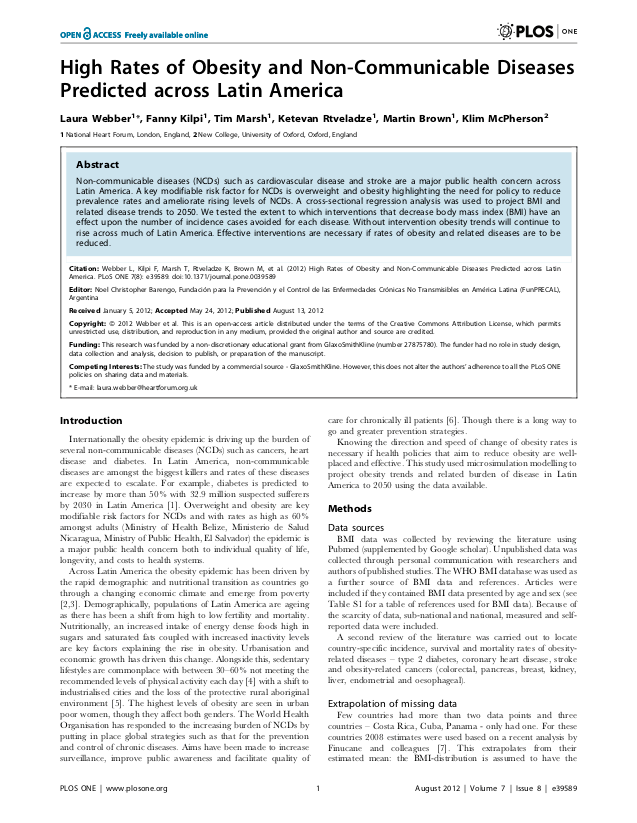
Non-communicable diseases (NCDs) such as cardiovascular disease and stroke are a major public health concern across Latin America. We used our microsimulation model to project BMI and related disease trends to 2050. We tested the extent to which interventions that decrease body mass index (BMI) have an effect upon the number of incidence cases avoided for each disease. Without intervention obesity trends will continue to rise across much of Latin America.
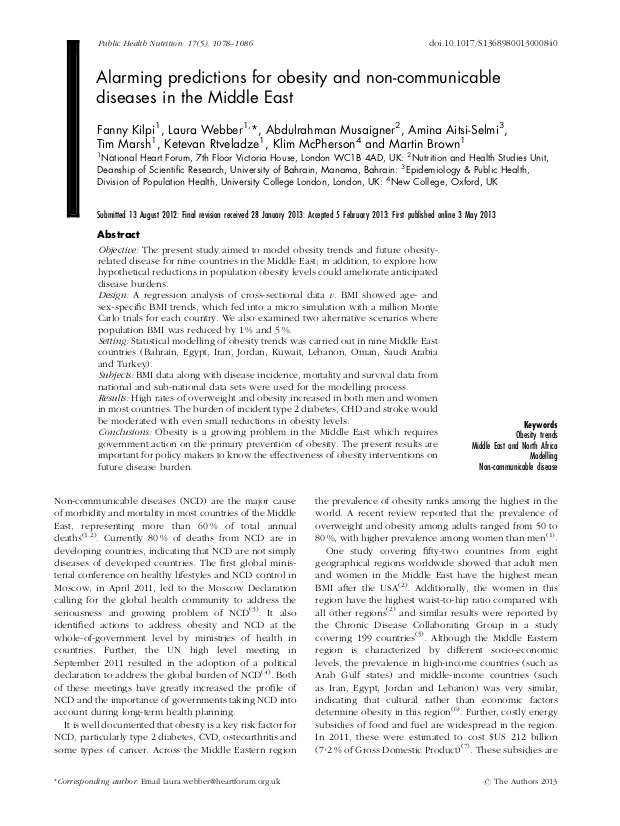
This study used our microsimulation model to project obesity trends and future obesity-related disease for nine countries in the Middle East. We found that high rates of overweight and obesity increased in both men and women in most countries. Obesity is a growing problem in the Middle East which requires government action on the primary prevention of obesity.
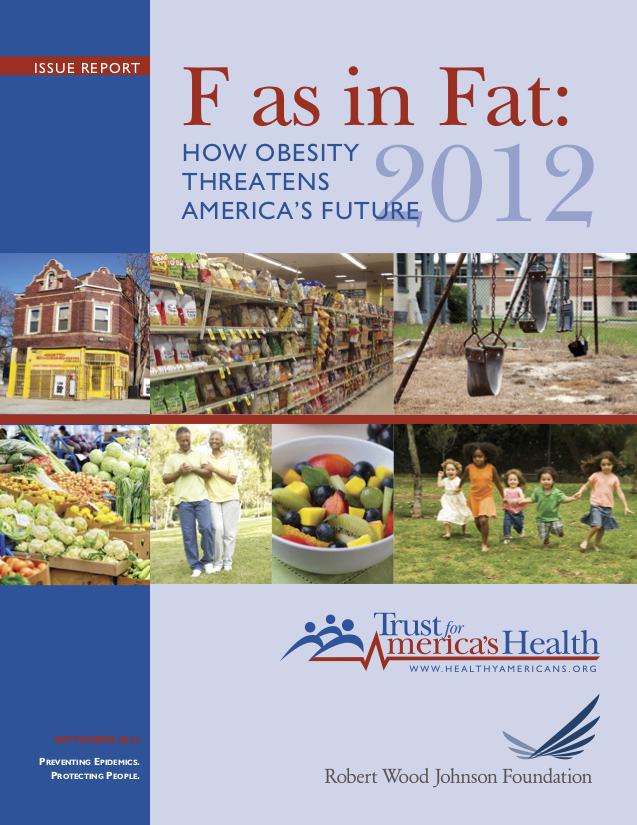
In this report we modelled the long-term health impacts of obesity in each US state. The results were used as part of an annual report produced by Trust for America’s Health and sponsored by Robert Woods Johnson Foundation.
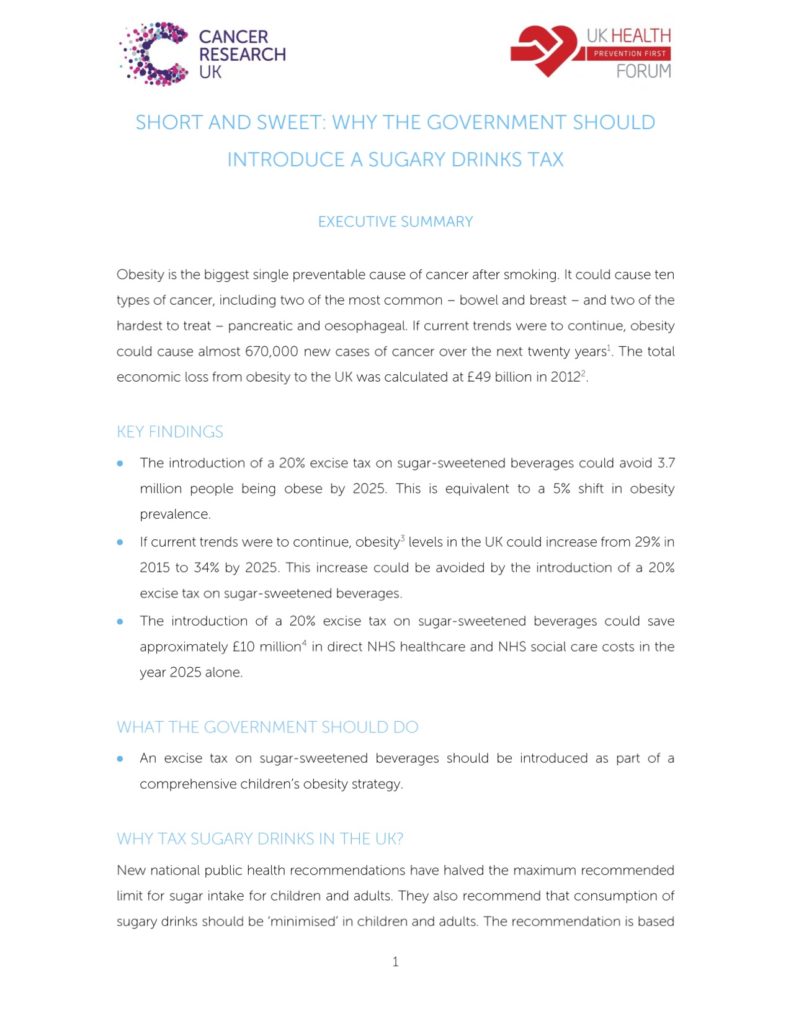
In 2016, we helped Cancer Research UK show that a 20% sugar-sweetened beverage tax could stop 3.7 million people from becoming obese by 2025. That’s a 5% decrease in national obesity levels. It would save about £10 million in direct NHS healthcare costs in the year 2025 alone.
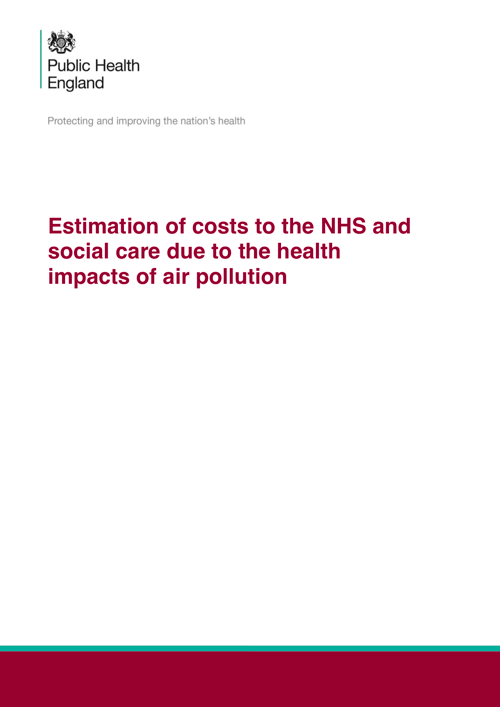
In 2018, we worked with Public Health England, Imperial College School of Public Health and Imperial College Business School. Together, we created a new tool that helps local authorities estimate how much they could save the NHS by taking action on air pollution.
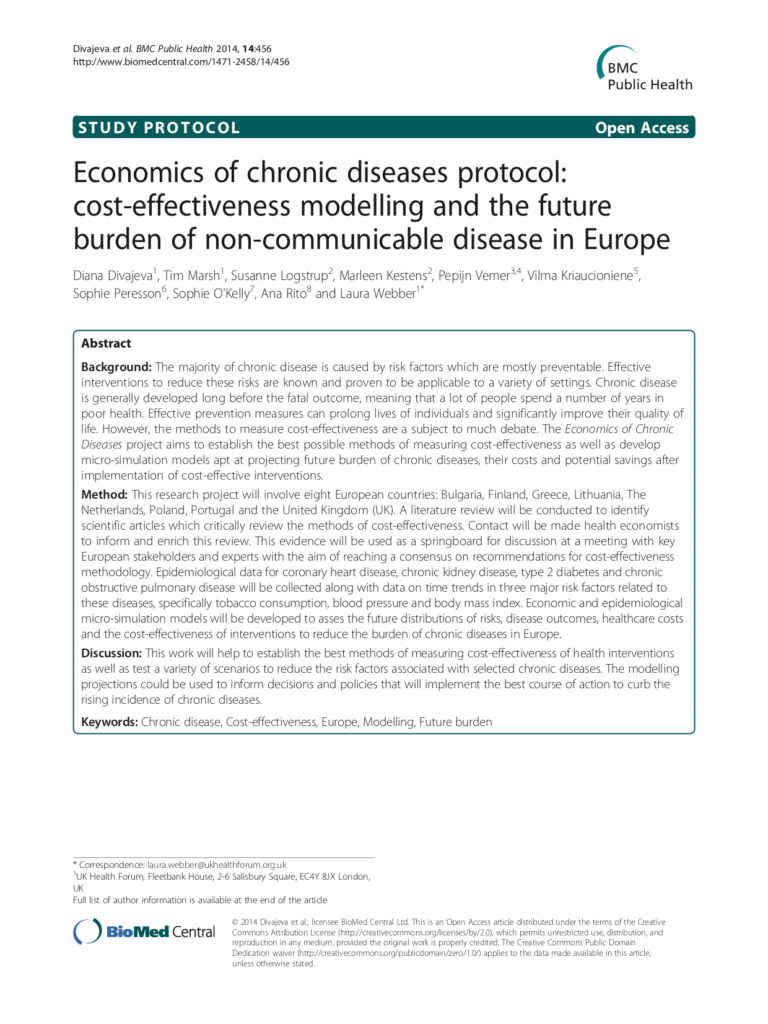
The European Commission asked us to look at the long-term economic impact of different chronic disease prevention, screening, and treatment interventions in eight European countries. That led to a Europe-wide consensus on how to measure the cost-effectiveness of different types of interventions. We also created a user-friendly downloadable tool that lets users compare their impact on a like-for-like basis
We have an experienced and multi-disciplinary team of software engineers, population health and policy research experts, and mathematicians.
Team